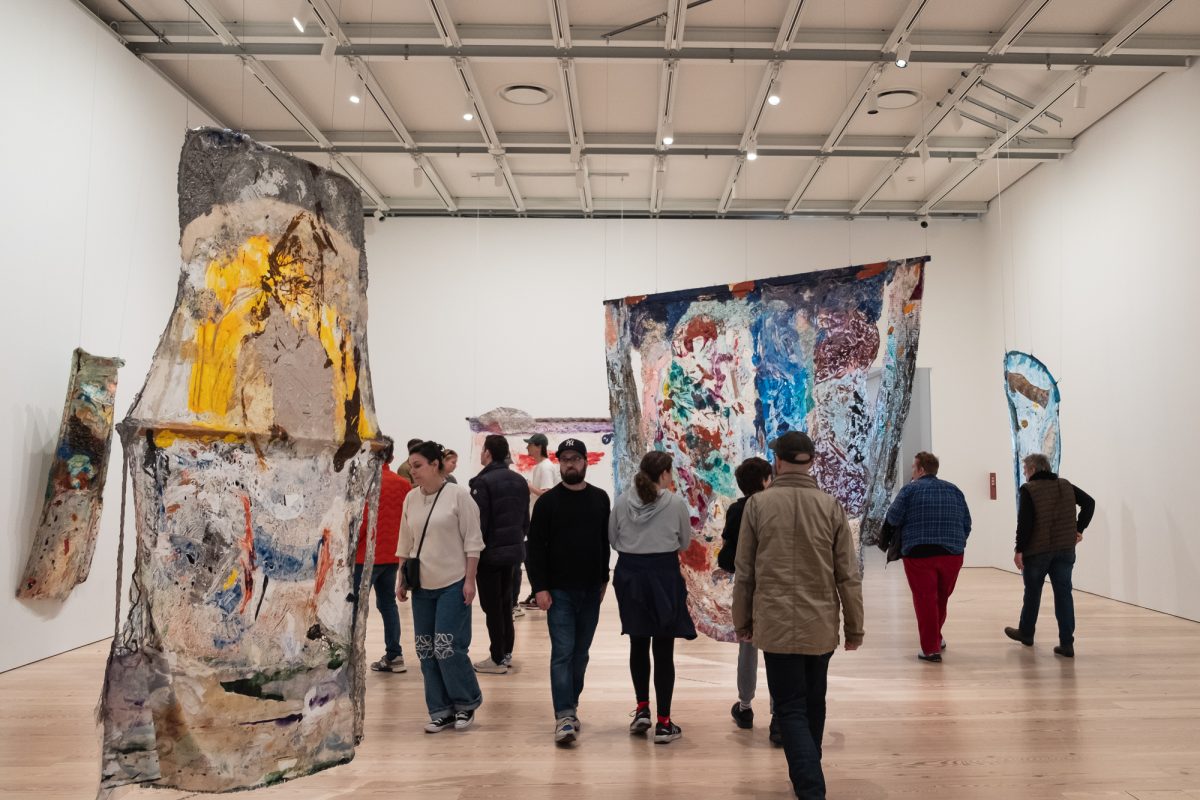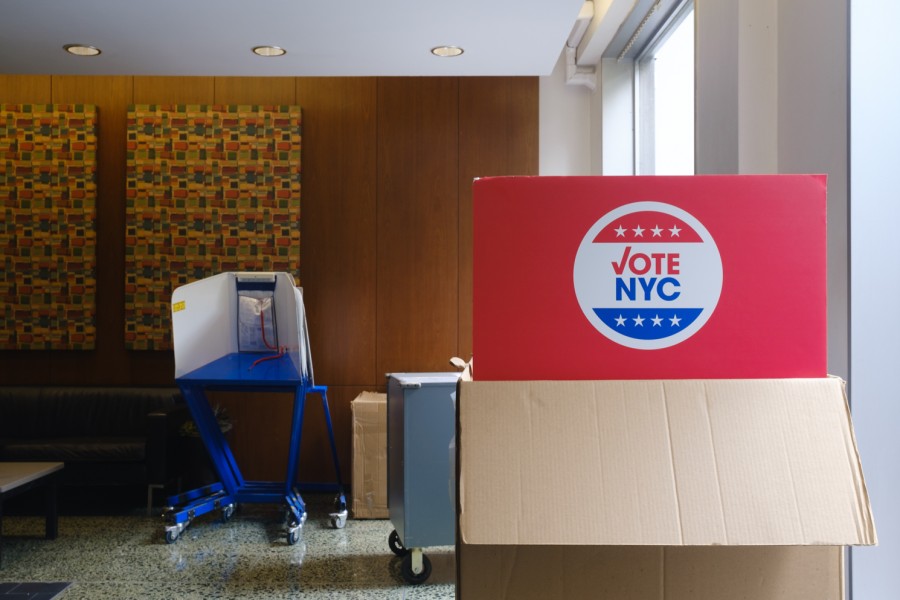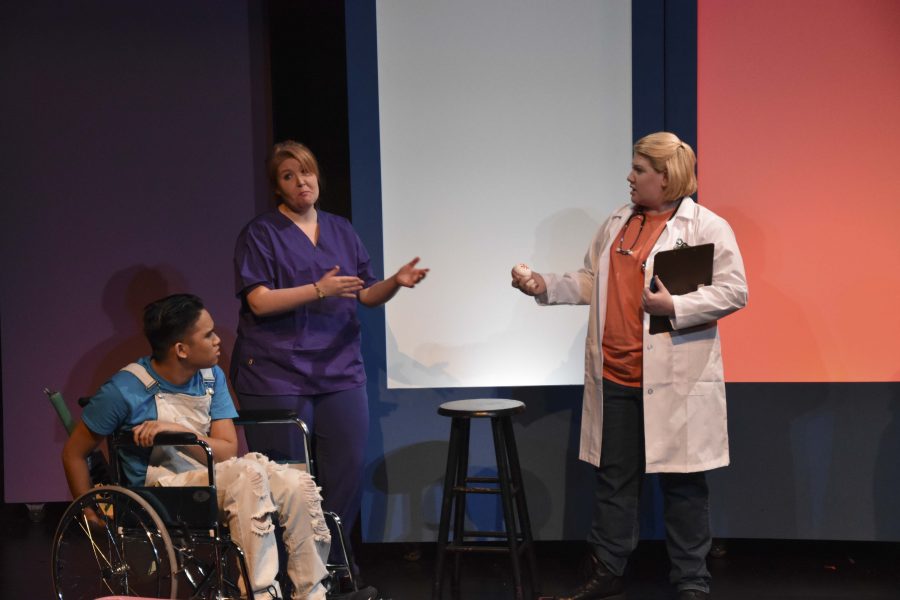Steinhardt’s ‘Queen’ Shows Youth Response to Illness
“Two Weeks with the Queen,” ran from Feb. 24 to March 5. The play was about the effects cancer can have on people outside the patient themselves.
March 6, 2017
Stigmatization of illnesses, particularly vicious, chronic ones like cancer can lead to silence and neglect from the family and friends of those afflicted. But treating chronic illnesses as a taboo subject can lead to isolation for the affected. The NYU Steinhardt Program in Educational Theater’s production of “Two Weeks with the Queen” opened on Feb. 24 at the Provincetown Playhouse and discussed the ramifications of this stigmatization. In this coming-of-age story, the protagonist Colin Mudford learns that cancer doesn’t just affect the person with the diagnosis.
“Two Weeks with the Queen” is a heartwarming and comedic play. It reminds audiences that those who are ill are the ones who need the most love, care and attention. In the play, which began in Australia, Colin, played by master’s student Megan Crosby, learns that his brother Luke (freshman Eric Gelb) has cancer and a short expected lifespan.
Hoping to spare Colin the grief of watching his brother die — and to avoid his innocent but inappropriate comments — his parents ship him off to live with an aunt and uncle in England. In England, Colin shocks his relatives with his frequent use of the word “cancer.” Meanwhile, his cousin Alistair (also played by Gelb) gawks at Colin’s confidence and willingness to break the rules. While the pair discuss the subject of helicopter parents, Alistair learns to overcome his fears and stand up for himself. Together, they get into a mess of trouble while trying to get in contact with the queen’s doctor — who Colin is convinced is his brother Luke’s last chance of survival.
Although the play was initially slow in pacing, Crosby’s vigor transported the audience through Colin’s exciting two-week stay in England. A truly charismatic performer, Crosby won the audience’s heart while acting like an overly energetic kid who admittedly could be a brat. Crosby’s genuine anger and laughter made her character’s plight intensely emotional.
Master’s candidates Maggie Bussard and Brendan Chambers played Colin’s parents and relatives, among other roles. Cheryl Brumley and Shannon Stoddard, both also master’s candidates, filled out numerous roles as well, but they most significantly portrayed a gay couple — Brumley as Ted, and Stoddard as Griff — coping with Griff’s diagnoses of AIDS and cancer. The actors’ energy was captivating, and their quick transitions from Australian to British accents were impressive. Most importantly, they evoked empathy while keeping the play light in spite of its dark subject matter.
Gelb was an audience favorite. His quirky gestures, convincingly frustrated facial expressions and plucky sidekick personality drew bursts of laughter from the audience.
With such a dialogue-rich, humorous and emotional performance, a static set might have worked better, and set changes in such an intimate space were somewhat distracting. Nevertheless, it was the actors’ energy — and not so much the props — that truly drove the performance.The play was successful and the surprise finale dance number left a memorable impression.
A version of this article appeared in the Monday, March 6 print edition.
Email Annaluz Cabrera at [email protected].












































































































































